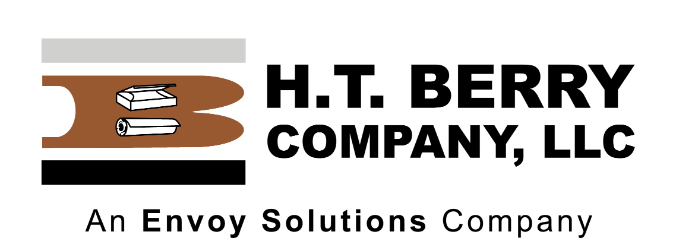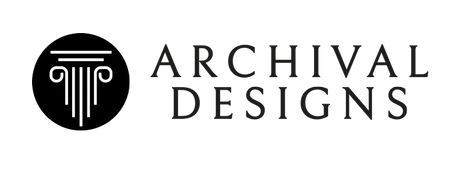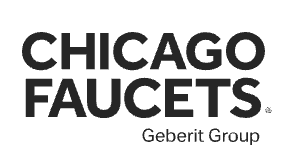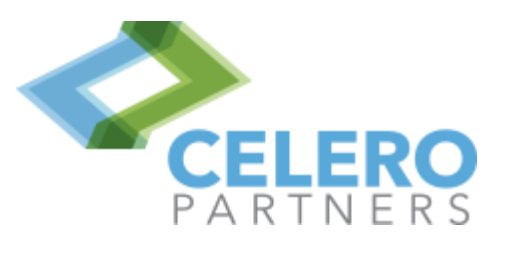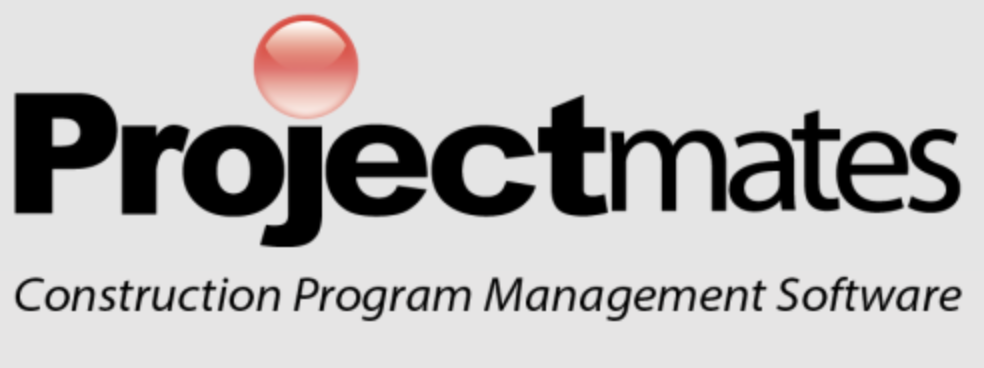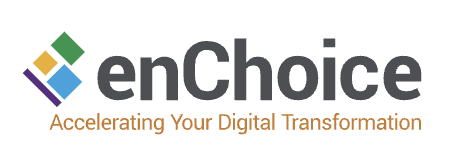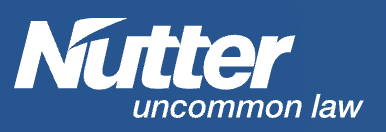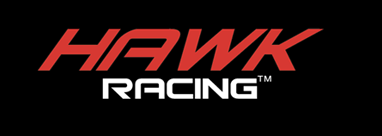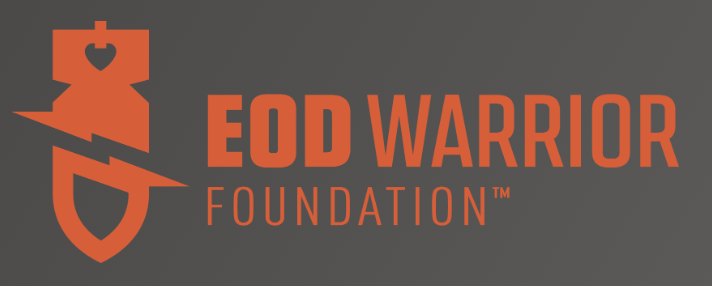Ways to Build a Solid SEO Campaign
 When it comes to executing an effective SEO campaign, how it’s structured makes all the difference. There are certain elements that every SEO program needs to have. Besides that, items beyond your control, such as Google’s algorithm changes, can also have an impact. No matter what kind of business you’re working in, however, the basics of the program will be essentially the same. We find that following a process that looks like this works the best for all of our full service SEO clients:
When it comes to executing an effective SEO campaign, how it’s structured makes all the difference. There are certain elements that every SEO program needs to have. Besides that, items beyond your control, such as Google’s algorithm changes, can also have an impact. No matter what kind of business you’re working in, however, the basics of the program will be essentially the same. We find that following a process that looks like this works the best for all of our full service SEO clients:
Website Content
In many ways, content is the backbone of a great SEO program. That’s why it’s so important to have lots of high quality content on your website.There are also two types of content. Websites need static pages, such as product information and a company bio, and ongoing content that gets published on a regular basis. Your ultimate goal is to develop a strong website that has lots of good content that is beneficial to target audience members. In fact, you should focus on your audience’s needs first without worrying about SEO. Once you’re confident that your content will keep the attention of website visitors and get them to convert and is worthy of putting in the SEO effort, you can then get started with optimizing it for search. However, optimization should ever be done in a way that alienates your audience. Content should always read naturally and continue to be valuable to your readers.
Keyword Research
The keyword research process can take some time, but it’s important to do it well. Many make the mistake of being lazy when it comes keyword research. They assume what keywords people are using to find their products or services. Selected keywords affect the whole campaign. If the wrong ones are chosen it can result in the wrong traffic, or even very little traffic at all. Using a keyword research tool, like the free one that Google provides, conduct keyword research for every page of the site based on the content. Every page is different (or should be) so every page should have different keywords associated with it. Choose the keywords that are most relevant and also generate search volume.
On Site Optimization
 Once keyword research has been completed, it’s time to optimize the website. Incorporate targeted keywords into the website content for every page of the site. Don’t just focus on your “most important” pages. All pages of a website are important. During on site optimization, take a look at conversion factors as well and make sure that the internal linking structure is leading website visitors down the right path of conversion. However, it is important that the keywords are worked into the copy naturally, otherwise you could alienate your audience. These days, content that is over-optimized will not perform as well as you hope in the search engines.
Once keyword research has been completed, it’s time to optimize the website. Incorporate targeted keywords into the website content for every page of the site. Don’t just focus on your “most important” pages. All pages of a website are important. During on site optimization, take a look at conversion factors as well and make sure that the internal linking structure is leading website visitors down the right path of conversion. However, it is important that the keywords are worked into the copy naturally, otherwise you could alienate your audience. These days, content that is over-optimized will not perform as well as you hope in the search engines.
Google warns against practices like keyword stuffing by saying the following:
“Keyword stuffing” refers to the practice of loading a webpage with keywords or numbers in an attempt to manipulate a site’s ranking in Google search results. Often these keywords appear in a list or group, or out of context (not as natural prose). Filling pages with keywords or numbers results in a negative user experience, and can harm your site’s ranking. Focus on creating useful, information-rich content that uses keywords appropriately and in context.”
There’s an art to keeping both Google and your readers happy and it is much better to take a conservative approach.
Link Earning
Optimizing your website isn’t enough – you need to obtain some high quality links, as well. A few years ago, this process was called “link building”. However, the old ways of doing this no longer work and will likely violate Google’s current webmaster guidelines and result in a penalty. However, they’re still important in order to gain search engine trust (and in turn, improve your search engine ranking). Your link portfolio still needs to be high quality, but it’s considered “link earning” these days. By having a strong social media presence and regularly posting great content, you will attract people to your website. As a result of this, people will naturally link to your pages, which results in “earned links”. Another great way to build the link portfolio is by forming true business partnerships that will naturally result in a link back to your website. In other words, you don’t want to go overboard. A website that builds links too quickly (and in an unnatural manner) may get flagged with a penalty.
As you can see, each step builds upon the previous one to build upon a strong foundation. If steps are skipped or you don’t follow this order, the campaign won’t be as strong or effective.
Categorized in: SEO
LIKE AND SHARE THIS ARTICLE:















